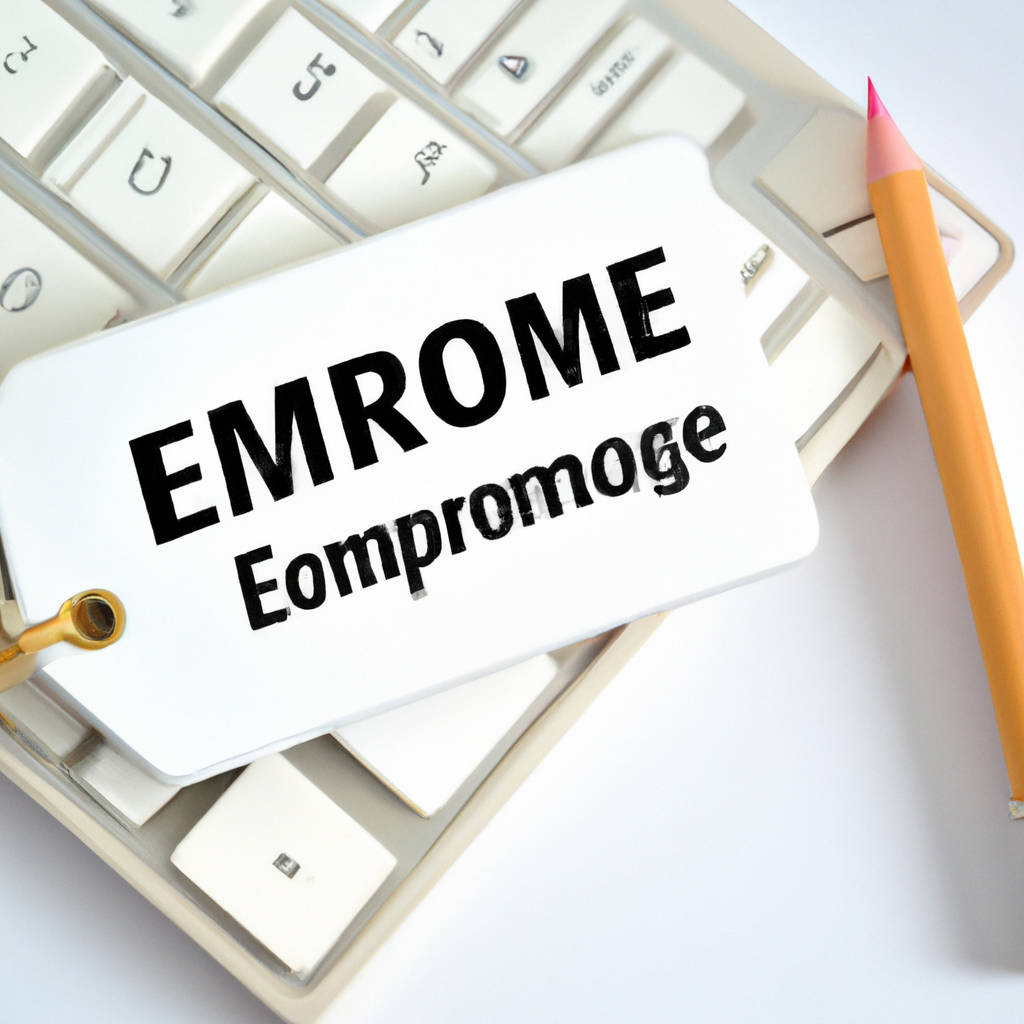E-Commerce Excellence is intricately tied to the concept of white label sites. These sites are the backbone of a business strategy that allows companies to extend their brand and services through the resale of products and services under their own name, but which are actually produced by another company. This strategy is a powerful tool for both small businesses and large corporations alike, as it allows them to offer a wider range of products and services without having to invest heavily in the production or development of these items.
Embracing white label sites in e-commerce can provide a number of benefits. Firstly, it offers a cost-effective way to expand a business’ offering. Instead of investing in the research, development, and production of a new product or service, a company can simply purchase it from a white label provider and sell it under their own brand. This not only saves time and resources but also allows businesses to quickly adapt to market trends and consumer demands.
Moreover, white label sites can help enhance a company’s reputation and credibility. By offering a wider range of products and services, a business can position itself as a one-stop shop for its customers. This not only increases customer loyalty but also attracts new customers who are looking for convenience and variety in one place. This is especially beneficial for small businesses that are trying to establish themselves in a competitive market.
In addition, white label sites also offer businesses the opportunity to focus on their core competencies. Instead of spreading themselves thin by trying to manage every aspect of their business, companies can outsource certain parts of their operations to experts in the field. This allows them to focus on what they do best, whether it’s customer service, marketing, or product development.
However, while there are many benefits to embracing white label sites, it’s also important to consider some potential challenges. One of the main drawbacks is the lack of control over the product or service. Since it’s produced by another company, businesses may have limited input into its quality, design, or functionality. This could potentially lead to customer dissatisfaction if the product or service does not meet their expectations.
Another potential challenge is the risk of brand dilution. If a company sells too many products or services under its brand that are not directly related to its core business, it could confuse customers and weaken its brand identity.
Overall, the decision to embrace white label sites should be made carefully, taking into consideration the potential benefits and challenges. With the right strategy and careful planning, white label sites can be a powerful tool for e-commerce excellence. They can help businesses expand their offering, enhance their reputation, and focus on their core competencies. However, businesses must also ensure that they maintain control over their brand and product quality to ensure customer satisfaction and loyalty.

White Label: Who & Why?
White label services refer to a business model where a company provides products or services, but the consumer-facing brand is another company. Essentially, a white label company creates a product or service to be rebranded and resold by another company. The question of “who” uses white label services can be answered by looking at a variety of industries from technology to food. For instance, a supermarket may sell cereal under its brand, but the manufacturing process is done by a white label company.
The “why” behind the use of white label services is multifaceted. Firstly, it allows companies to focus on their core competencies. For example, a technology company may excel in developing software but may not have the resources or expertise to manufacture hardware. They can outsource the hardware production to a white label company and then brand the final product under their own name. Secondly, it cuts down on production costs. Rather than invest in new production facilities, equipment, or staff, a company can use a white label provider to produce the goods.
Moreover, white label services enable companies to expand their product range quickly. If a company identifies a new market opportunity, they can partner with a white label provider to bring a product to market faster than if they were to develop it in-house. Lastly, it helps companies to build their brand. When a company sells a product under their brand, even if it’s produced by a white label provider, it reinforces their brand in the market.
In conclusion, white label services are used by a diverse range of companies for various strategic reasons, including cost-saving, speed to market, and brand reinforcement.
Advantages of White Labeling
White labeling offers a plethora of benefits that contribute to the growth and success of businesses. One of the most significant advantages is the opportunity it provides for companies to focus on their core competencies. Instead of diverting resources and time to develop a product or service from scratch, companies can leverage white label solutions, allowing them to concentrate on their central expertise. Additionally, white labeling accelerates time to market, which is crucial in today’s fast-paced business environment.
In contrast to creating a product or service from the ground up, white label solutions are ready-made, requiring only branding adjustments before they are ready for the market. This eliminates the need for a company to go through the lengthy and expensive process of product development, testing, and deployment. The cost-effectiveness of white labeling cannot be overstated. It allows companies to offer a wider range of products or services without the high costs associated with in-house development.
Moreover, white labeling enables businesses to enhance their brand image and value. By offering more products or services under their brand, companies can establish themselves as comprehensive solution providers, thereby increasing customer loyalty and attracting new customers. Another advantage of white labeling is that it allows companies to tap into the expertise of specialists. White label providers are experts in their respective fields, ensuring that the products or services are of top-notch quality.
Lastly, the flexibility offered by white labeling is also a significant advantage. Companies have the freedom to choose from an array of products or services that best align with their business goals and customer needs. They can also decide on pricing strategies, providing them with complete control over the profit margins.
In conclusion, the advantages of white labeling are manifold, including cost-effectiveness, time savings, enhanced brand image, access to expert solutions, and flexibility. These benefits make white labeling an attractive strategy for businesses aiming for growth, diversification, and customer satisfaction.

White Labeling Demystified
White labeling is a business concept that may sound complex, but at its core, it is a straightforward practice. Essentially, it is a scenario where a company produces a product or service, but another company buys it to rebrand and sell as their own. This practice demystifies the process of creating a new product or service from scratch, which can be costly and time-consuming, by allowing a business to leverage an existing product or service, repackaging it with their own branding and identity. The customers of the rebranded product or service are often unaware that the product or service is not originally produced by the company they bought it from.
This practice is prevalent in various industries such as software, food & beverages, cosmetics, electronics, and more. For instance, a software development company might create a generic software solution and sell it to multiple businesses. These businesses then rebrand the software with their own logos, color schemes, and design elements, and sell it as their own product. This model allows businesses to generate revenue without having to invest heavily in research & development.
White labeling is beneficial for both parties involved. The producer can focus on what they do best – creating a quality product or service without worrying about marketing or sales. On the other hand, the buyer is able to quickly launch a product or service under their brand without having to develop it themselves. They can focus on their core competencies like marketing and customer service, which can provide significant competitive advantages. However, it’s crucial for the buying company to ensure they choose reliable white label partners who provide high-quality products or services, as their brand reputation is at stake. In conclusion, white labeling is a strategic practice that allows businesses to expand their offerings and grow their brand more efficiently.
